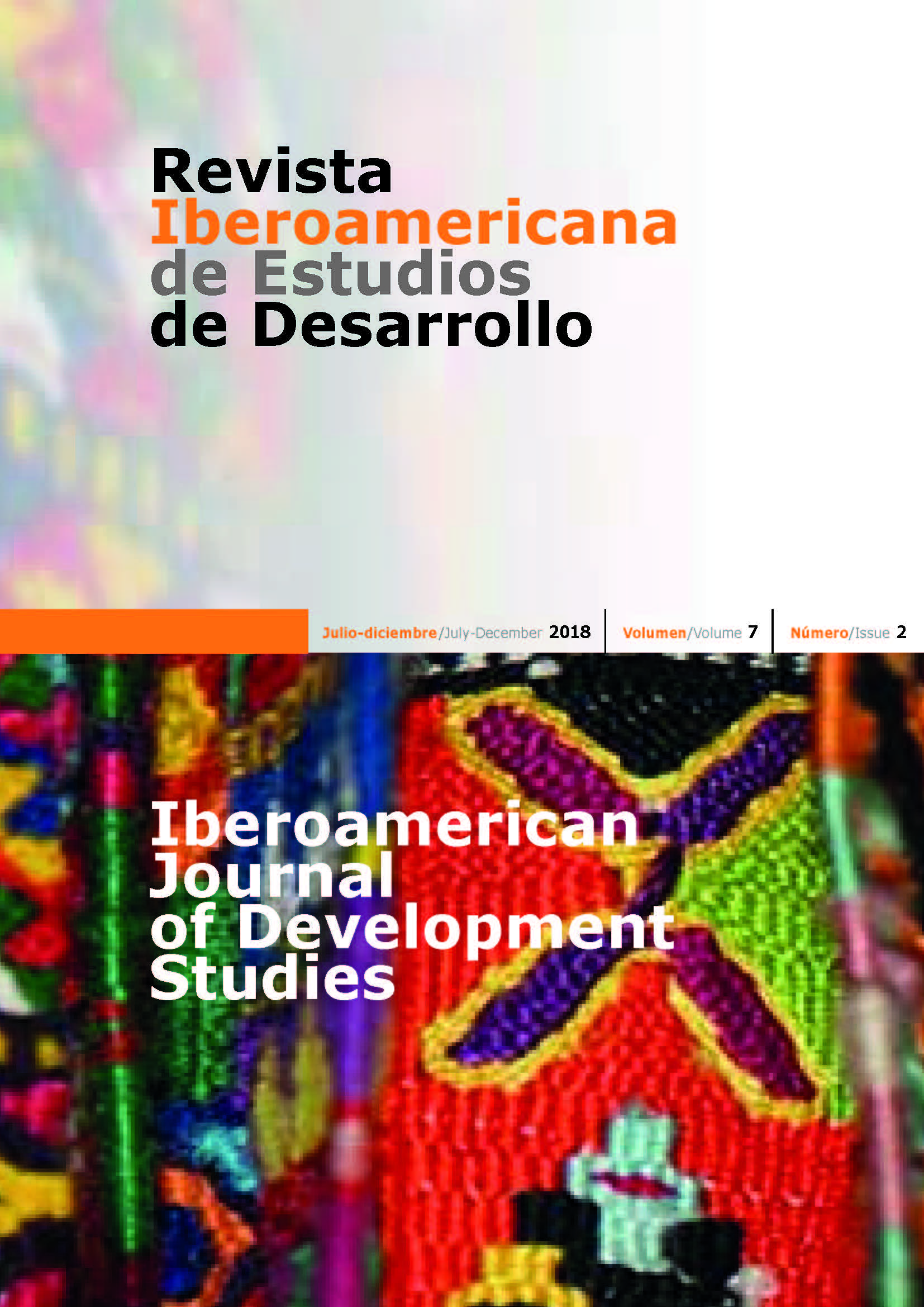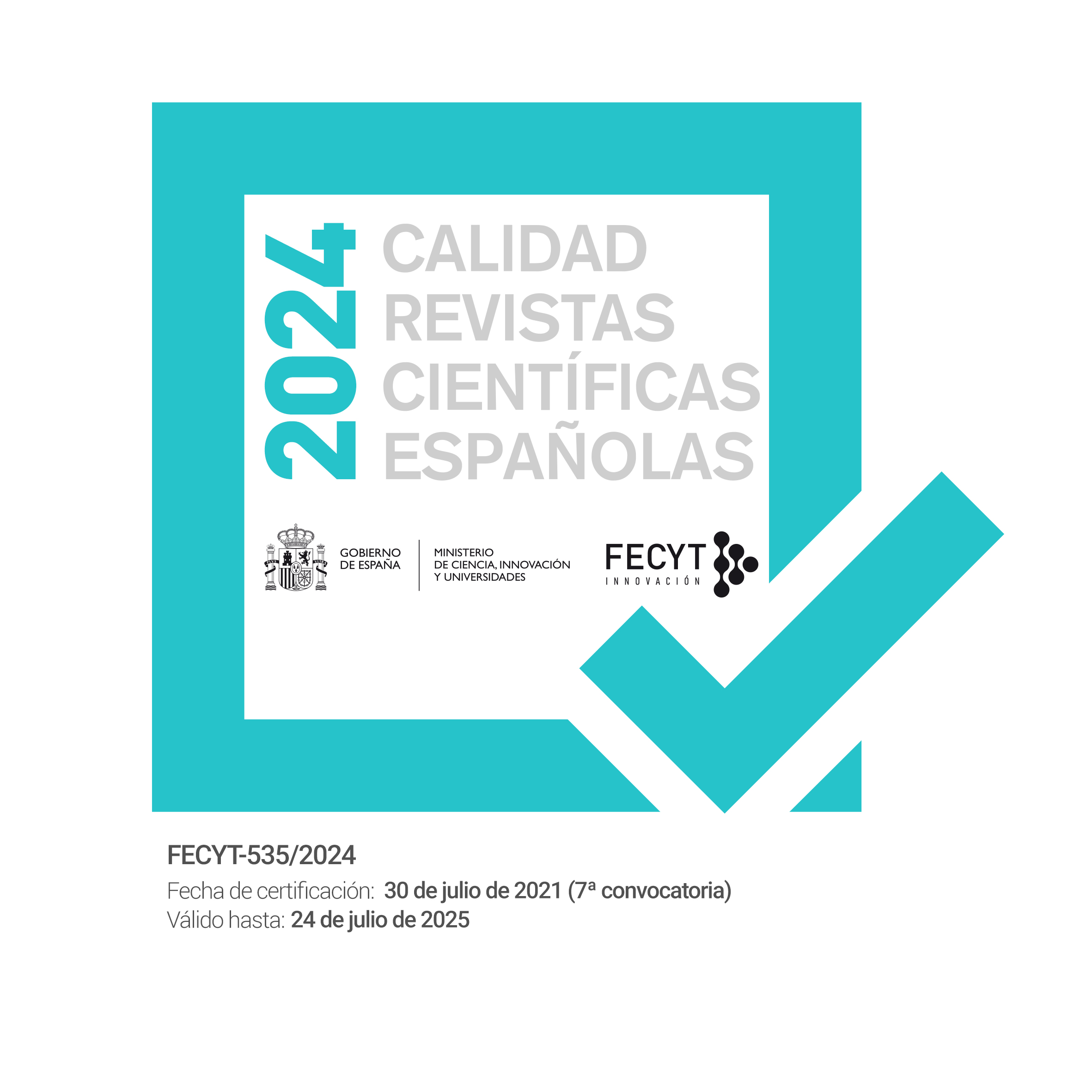European territorial development and the place based approach: the budgetary dimension of Portugal 2020
DOI:
https://doi.org/10.26754/ojs_ried/ijds.267Keywords:
European Regional Policy, Cohesion Policy, Place based policy, Portugal 2020Abstract
Territory has been taken as one of the main dimensions of the process of formulation and implementation of public policies. This article is based on the concept of public policy territorialisation as stated by the IFDR (2010) when referring to the place based approach as the new international paradigm of regional policies. This study aims to describe the possible benefits of these policies in the face of previous regional development European policies (OECD, 2009: 50) and assess, based on the Portuguese case, if there is an effective correspondence between the theoretical framework of place based policies, as they are formulated (Barca, 2009), and the actual implementation of territorial instruments, in the case of Portugal 2020, by mobilizing the budgetary dimension.
This study is relevant because the place based policies are changing the formulation mode of territorial development policies in many countries and regions, so it is important to understand associated benefits and risks. In this study, we describe these advantages and elaborate an analysis of the effective correspondence between the formulation and its practical implementation in the European Union, by analysing the Portuguese case (Portugal 2020), from the viewpoint of resources allocated. Naturally, at the heart of European concerns, is the fight against regional imbalances without losing sight of the difficult task of maintaining the financial sustainability of the European budget and achieve fiscal consolidation, particularly in a context of global crisis (Catarino & Alcario, 2016 Catarino, 2015 and Catarino & Fonseca, 2013)
It was found that the place based instruments identified in the Portugal 2020 represent 11% (EUR 2 billion to EUR 18 billion) of regionalized funds and 7.6% (EUR 2 billion to EUR 26 billion) of the total received by Portugal. It is concluded that there is no correspondence between the place based formulation of the current territorial development policies cycle of the European Union for the period 2014-2020 and its effective implementation of Portugal 2020. This confirms the hypothesis that there is a dysfunction between theory and practice, not validating the advantages referenced in the scientific literature about the place based policies.
Downloads
References
AD&C (2015). Boletim Informativo dos Fundos da União Europeia 2.
BALEIRAS R (2014). Território e desenvolvimento económico: falhas institucionais. CFP.
BARCA F (2009). Relatório Barca ‒ Uma Agenda para a Reforma da Política de Coesão.
BARCA F, MCCANN P, RODRIGUEZ-POSE A. (2012). The Case for Regional Development Intervention: Place-Based versus Place-Neutral Approaches. Journal of Regional Science. Vol. 52 1:134-152.
CAF (2010). Dessarollo Local: Hacia un nuevo protagonismo de las ciudades y regiones. Corporacion Andina de Fomento, Caracas.
CAMAGNI R, CAPELLO R (2010). Macroeconomic and territorial policies for regional competitiveness: an EU perspective. Regional Scy Policy & Practice:1-19.
CAMAGNI R, CAPELLO R (2014). Rationale and design of EU cohesion policies in a period of crisis. Regional Science Policy & Practice. Vol. 7 1:27-49.
CAPELLO R (2007). A forecasting territorial model of regional growth: The MASST model. Ann Reg Sci:2-3.
CATARINO JR (2011). Portugal: 25 anos de integração comunitária – Questões e Desafios, 25 anos de União europeia – 125 reflexões. En: VVAA. 25 anos de União europeia – 125 reflexões. Almedina, Coimbra.
CATARINO JR (2015). Desequilíbrios Territoriais e sua Compensação através da Política Pública Tributária – Direito Internacional. Revista Direito à Sustentabilidade ‒ Universidade Estadual do Oeste do Paraná. UNIOESTE. Vol. 1 2.
CATARINO JR, ALCARIO RM (2016). Consolidação orçamental nas economias em crise: o contributo da despesa fiscal em Portugal entre 2011 e 2014. Revista NEJ – Novos Estudos Jurídicos ‒ Univali 21 (August).
CATARINO JR, DIOGO S (2015). O Princípio da Não Discriminação Fiscal em Espaços de Integração Económica: O Caso Português no Processo Europeu. Revista Brasileira de Estudos Políticos da Universidade Federal de Minas Gerais 110.
CATARINO JR, FONSECA J (2013). Sustentabilidade Financeira e Orçamental em contexto de crise global numa Europa de moeda única. Revista SEQUÊNCIA – Estudos Jurídicos e Políticos do Programa de Pós Graduação em Direito da UFSC Universidade Federal de Santa Catarina. Vol. 34 67 (December).
CE (2011). Política de Coesão 2014-2020 – Investir no Crescimento e em Empregos.
CE (2012). Elements for a Common Strategic Framework 2014 to 2020. Brussels.
CE (2014). Observations on the Partnership Agreement with Portugal. Part I.
CE (2015). Comunicação da Comissão: Investir no emprego e no crescimento – maximizar o contributo dos Fundos Europeus Estruturais e de Investimento.
CE (2016). Fundos Europeus Estruturais e de Investimento.
CENTRO2020 (2015). Abordagens Territoriais: Uma análise aplicada ao Programa Operacional Regional do Centro 2014-2020.
COSTA, JS (2016). Cinco décadas de políticas de desenvolvimiento regional em Portugal. Boletim regional, urbano e ambiental:73.81 (June 14th).
DG REGIO (2015a). Scenarios for Integrated Territorial Investments. European Comission, Brussels.
DG REGIO (2015b). Territorial Agenda 2020 put in practice.
DOUCET P, BOHME K, ZAUCHA J (2014). EU territory and policy-making: from words to deeds to promote policy integration. European Journal of Spatial Development, Debate article.
EC (2012). Elements for a Common Strategic Framework 2014 to 2020. Brussels.
EC (2014). Community-led Local Development. European Commision, Brussels.
ESTEBAN M, RODRIGUEZ A, MORENO J, ALTUZARRA A (2009). La evaluación de la Política Regional Europea. Análisis empírico de las metodologías aplicadas. Investigaciones Regionales 14:157-184.
EUROSTAT (2015). Eurostat Regional Yearbook 2015.
FEDAJEV A, NIKOLIC R (2012). The Concepts, Methods and Measurement of EU Regional Development. Economics Management Information Technology. Vol. 1 1:48-57.
FERREIRA F, SEIXAS PC (2017). Portugal 2020 e o novo glossário do desenvolvimento territorial: territorialização ou neoinstitucionalização. urbe ‒ Revista Brasileira de Gestão Urbana. Vol. 9 3:487-499 (December).
GARCILAZO JE, MARTINS JO, THOMPSON W (2010). VOX CEPR’s Policy Portal ‒ Research-based policy analysis and commentary from leading economists. Obtido em 24 de Maio de 2016, de Why policies may need to be place-based in order to be people-centred. http://voxeu.org/article/why-policies-may-need-be-place-based-order-be-people-centred (November 20).
IGFSE (2013). Os pressupostos do Acordo de Parceria. IGFSE.
INSTITUTO FINANCEIRO PARA O DESENVOLVIMENTO REGIONAL (IFDR) (2010). A Territorialização das Políticas Públicas em Portugal.
MARQUES A (2017). Três décadas de fundos comunitários em Portugal. Competitividade: As oportunidades perdias. Relações Internacionais:39-54 (March).
MOURATO J (2013). The functional gap: a reflection on the limits to institutional capital. Geografia & Política, Políticas e Planeamento. Faculdade de Letras da Universidade do Porto/CEGOT, Porto, pp. 166-177.
OBSERVATÓRIO DE QREN (2010). Avaliação Global da Implementação do QREN (2007-2013) ‒ Relatório Final. 30 de Agosto de 2010. Observatório do QREN, Lisboa.
OCDE (2009). Regions Matter: Economic Recovery, Innovation and Sustainable Growth. OECD Publishing, Paris.
OCDE (2009). Regions Matter: Economic Recovery, Innovation and Sustainable Growth. Paris.
OCDE (2011). Regional Outlook 2011: Building resilient regions for stronger economies. OCDE, Paris.
TOMANEY J. (2010). Place-based approaches to regional development: Global trends and asutralian implications. Australian Business Foundation.
TUROK I. (2013). People-Based versus Place-Based Policies: The 2009 World Development Report. Local Economy 28:1-6.
UE (2011). Agenda Territorial da União Europeia 2020.
UNIÃO EUROPEIA (UE) (2011). Agenda Territorial da União Europeia para 2020. Godollo, Hungria: documento aprovado durante aReunião Informal de Ministros responsáveis pelo Desenvolvimento Territorial da União Europeia, A19 de Maio 2011.
VANTHILLO T, VERHETSEL A (2012). Paradigm change in regional policy: towards smart specialisation ? Lessons from Flanders (Belgium).
Downloads
Published
How to Cite
Issue
Section
License
Copyright (c) 2018 Filipe Eduardo Miranda Ferreira, João Ricardo Catarino

This work is licensed under a Creative Commons Attribution-NonCommercial-NoDerivatives 4.0 International License.








